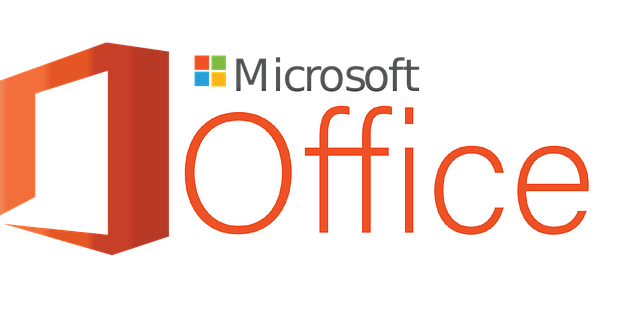In recent years, a significant shift in workplace trends has seen suburban areas gain popularity due to the growing demand for balanced lifestyles. Remote work has accelerated this trend, with employees seeking flexible arrangements away from bustling cities while maintaining career opportunities. This change is reshaping modern workplace dynamics, driving up real estate demand in suburban regions. Suburban office spaces are experiencing a renaissance, offering cost savings and community-oriented environments that boost productivity and creativity. Real estate investors are flocking to this market, fueled by shifting workforce trends, with strategic investments focusing on revitalizing older buildings and creating flexible workspaces to attract remote and hybrid workers.
Suburban offices are experiencing a remarkable resurgence in popularity, reversing urban trends and attracting businesses back to the ‘burbs. This shift is driven by evolving workplace preferences and unique advantages that suburban spaces offer. From flexible layouts to improved work-life balance, these benefits appeal to modern employees. In this article, we explore the rise of suburban offices, uncover their compelling advantages, and provide strategic insights for real estate investors looking to capitalize on this burgeoning trend in the property market.
The Shift Back to Suburbs: Changing Workplace Trends

In recent years, there’s been a notable shift in workplace trends as companies and employees alike reevaluate their priorities. The once-dominant urban office scene is no longer the sole attraction; instead, suburban areas are experiencing a renewed interest from real estate developers and businesses. This change is driven by a desire for more balanced lifestyles, where proximity to nature, family-friendly communities, and affordable living spaces offer an alternative to the fast-paced city life.
Suburban offices provide a unique selling point with their ability to foster collaboration while offering a quieter, more peaceful environment. The rise of remote work has further fueled this trend, as employees seek flexible arrangements that allow them to live away from bustling metropolises without sacrificing career opportunities. As a result, real estate in suburban areas is experiencing a surge in demand, reshaping the landscape of modern workplace dynamics.
Advantages of Suburban Office Spaces: Why They're Attracting Businesses Again

Suburban office spaces are making a comeback, offering businesses a fresh perspective on real estate choices. One of the primary advantages is the cost-effectiveness compared to urban centers, with lower rental rates and more affordable overhead expenses. This trend is particularly appealing for startups and small to medium-sized enterprises (SMEs) looking to establish themselves without breaking the bank.
Additionally, suburban locations provide a sense of community and collaboration, fostering an environment that encourages productivity and creativity. With ample parking and easier accessibility, these areas cater to employees’ needs, offering a comfortable commute and a change from the hustle and bustle of city centers. The resurgence of interest in suburban offices is thus driven by both financial incentives and the desire for a more balanced work-life integration.
Strategies for Real Estate Investors: Capitalizing on the Suburban Office Boom

Real estate investors are seizing opportunities in the suburban office market, which is experiencing a boom driven by shifting workforce trends and changing employer preferences. To capitalize on this surge, savvy investors should focus on understanding local markets and identifying undervalued assets that cater to emerging workplace demands. Acquiring or developing properties with flexible layouts, robust digital infrastructure, and amenities tailored to remote and hybrid workers can yield significant returns.
Strategic investments could include revitalizing older suburban office buildings through modern renovations, ensuring they meet the latest smart building standards and offering a mix of private offices, co-working spaces, and communal areas that attract startups, freelancers, and tech companies looking for a more affordable alternative to urban centers. By adapting to evolving real estate dynamics and staying attuned to changing workforce needs, investors can secure lucrative opportunities in this burgeoning suburban office landscape.






